Years before becoming the coordinator for the largest inclusion film and arts festival in the U.S., Abbie Markowitz was a young woman diagnosed with ADHD. Through her work with the ReelAbilities Film and Arts Festival, Abbie gained enough understanding and resources to seek a second diagnosis. Abbie’s diagnosis of autism spectrum disorder came roughly six months before she visited Houston Community College to help showcase three films that all exemplify ReelAbilities’ mission of promoting inclusion.
The ReelAbilities Film and Arts Festival, which began in New York, now runs in 12 cities internationally. The independent non-profit organization promotes the lives and talents of people with disabilities in a time when diversity, equity, and inclusion(DEI) program rollbacks have divided the nation. In addition to showcasing films made with or by adults with disabilities, ReelAbilities also gives vocational training to its company artists, who produce art that is put on products and later sold to help offset the cost of running the program.
“We hope to make an impact that lasts beyond our festival,” said Abbie. “And to do that, we want to erase stigmas, remove barriers.”
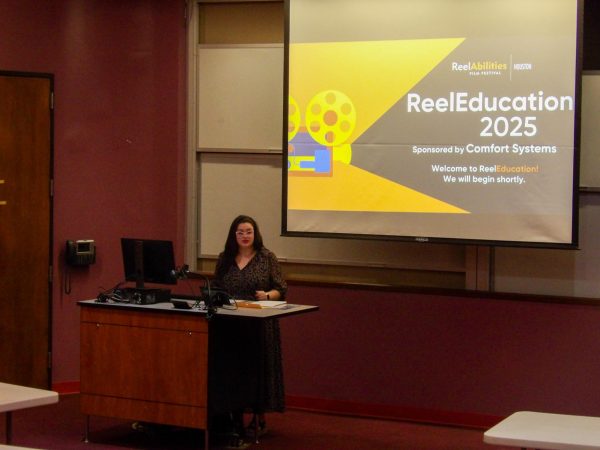
There were no barriers during the film festival held at the HCC Alief-Hayes campus auditorium. While only a handful of people arrived at the showcase, the auditorium was filled with an impeccable amount of respect and energy as the small audience watched three films promoting inclusion. A film showcased during the festival, titled, ‘My Eyes Are Up Here,’ is one of Abbie’s favorites. What draws her in the most is the authenticity and braveness of the story, which follows a young woman in a wheelchair who becomes involved in a situationship with a man.
“Very often, we don’t see romantic or even situationship-type stories with people with disabilities,” Abbie explained. “Because [Hollywood] often is afraid to put them in a vulnerable position.”
Despite racial barriers having been broken in Hollywood over the last several years, audiences have yet to witness a boom in films and television shows that spotlight the talents of people with disabilities. For Abbie, this boom needs to start by first eliminating any preconceived fears about the disabled and proving to audiences that no matter how different a person may be physically or mentally, they are still artists unafraid of showing their authentic selves.
“Giving someone permission to share their life experiences in a creative way almost always means they’re getting to show an authentic experience that will be valued by the public.”
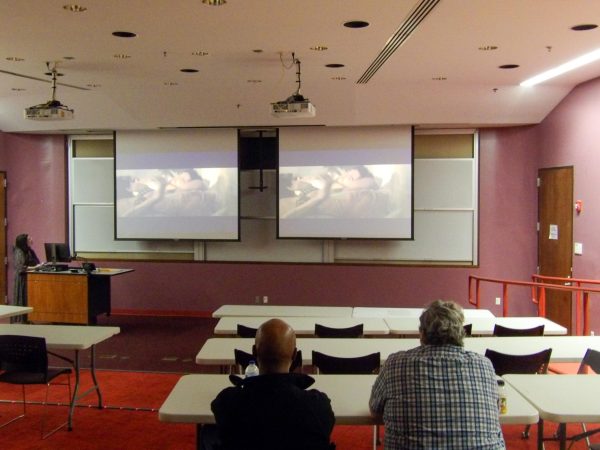
Abbie hopes that ReelAbilities will continue to touch the lives of many young people in Houston. The organization is already partnered with the University of Houston and has established a longstanding connection with HCC. Through its Reel Education initiative, the organization has sought to introduce young people to programs that, as Abbie explains, are “illuminating” and to immerse them in the real experiences of people with disabilities.
It hasn’t been all sunshine and rainbows, though. Since the tidal wave of DEI rollbacks in the U.S., ReelAbilities has lost partnerships with some schools. This hasn’t phased Abbie, the once-young girl diagnosed with ADHD and later with autism who now helps to promote inclusion in many festivals internationally. Abbie wants anyone who may feel unwelcome right now to know that resources are available and encourage them to be artists with something to say.
“There’s always a place for artistic expression. Even when people don’t hear your voice, that doesn’t mean you should be quieter.”



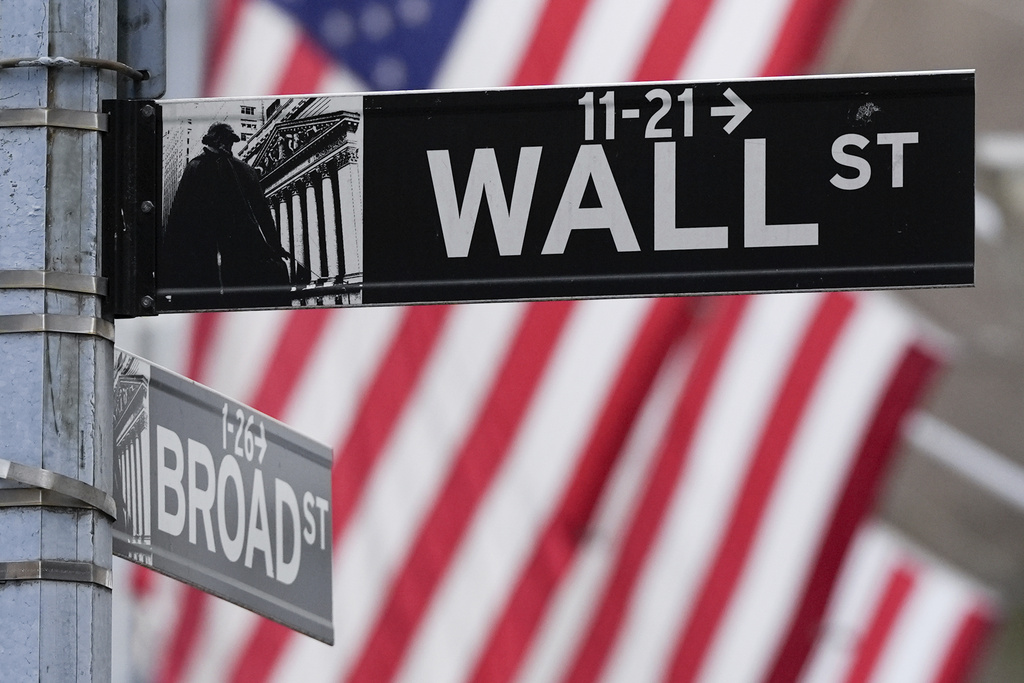



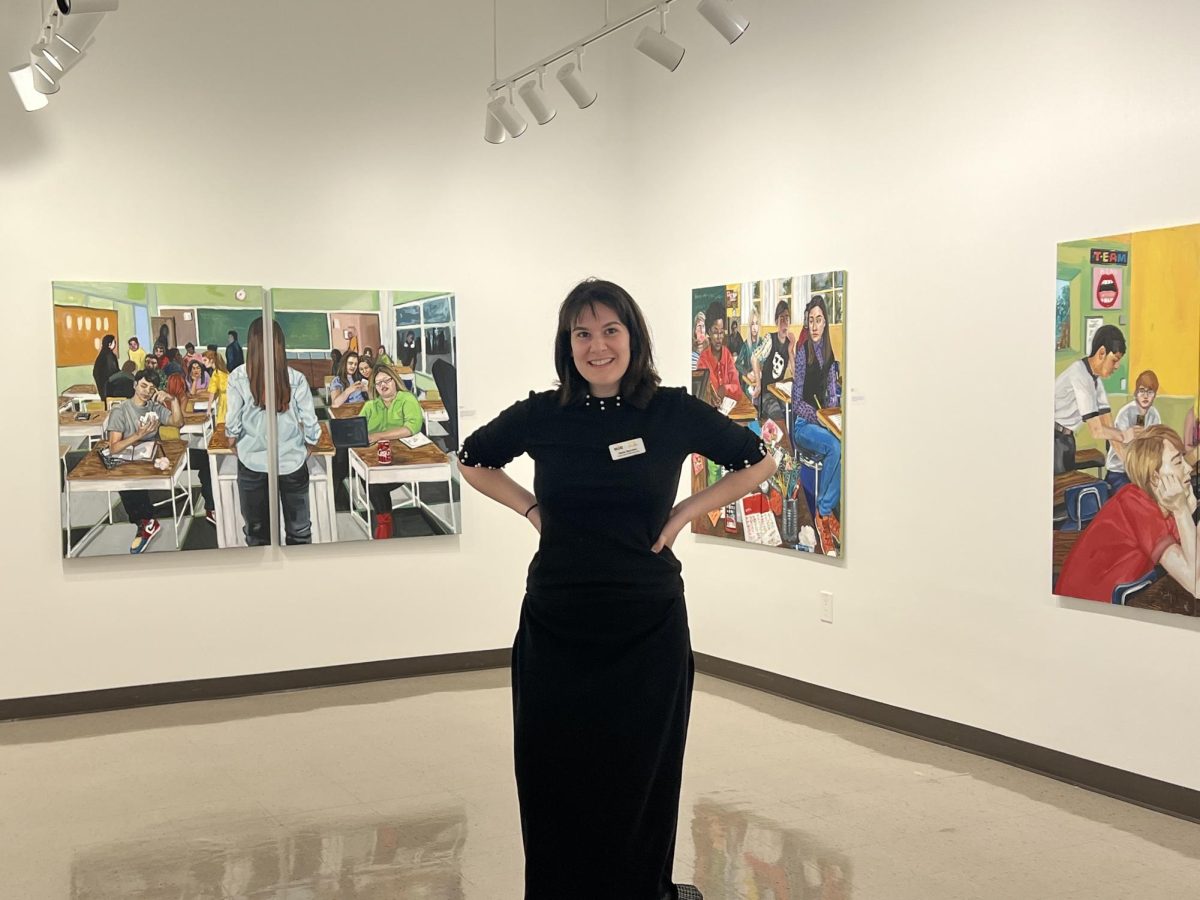
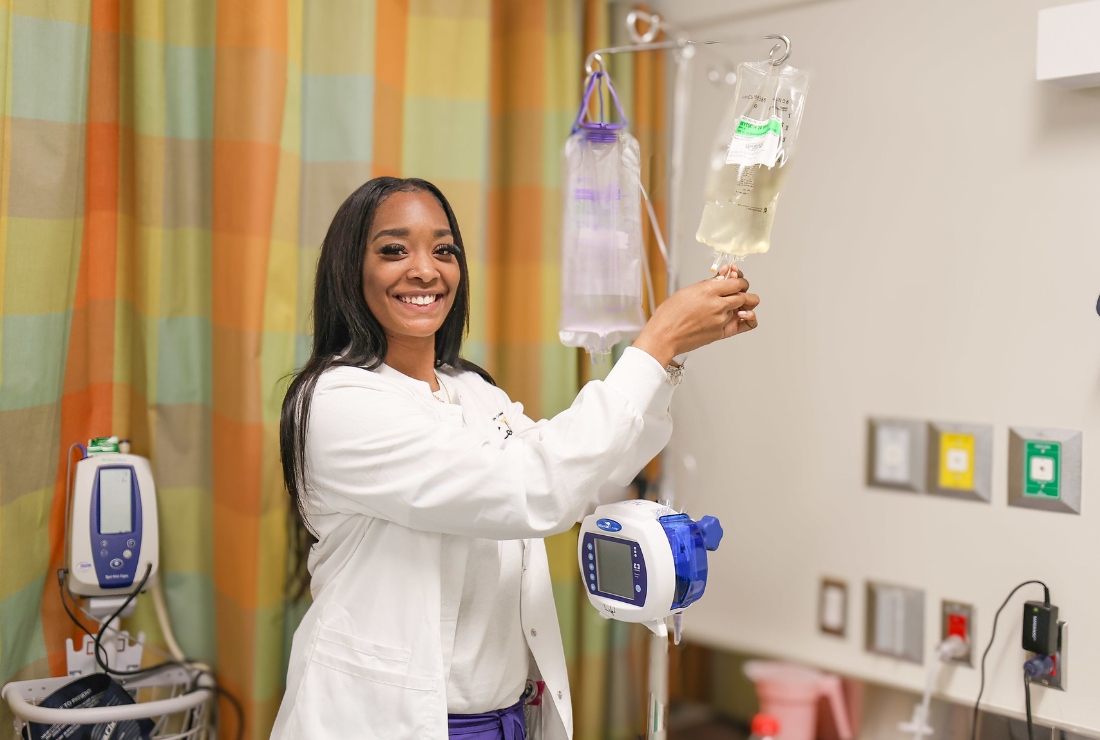
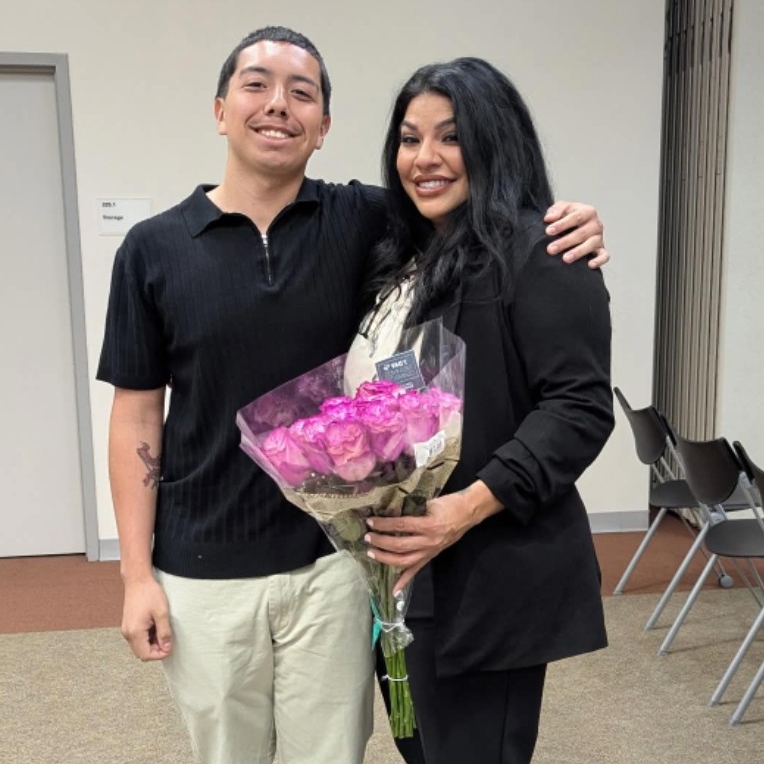
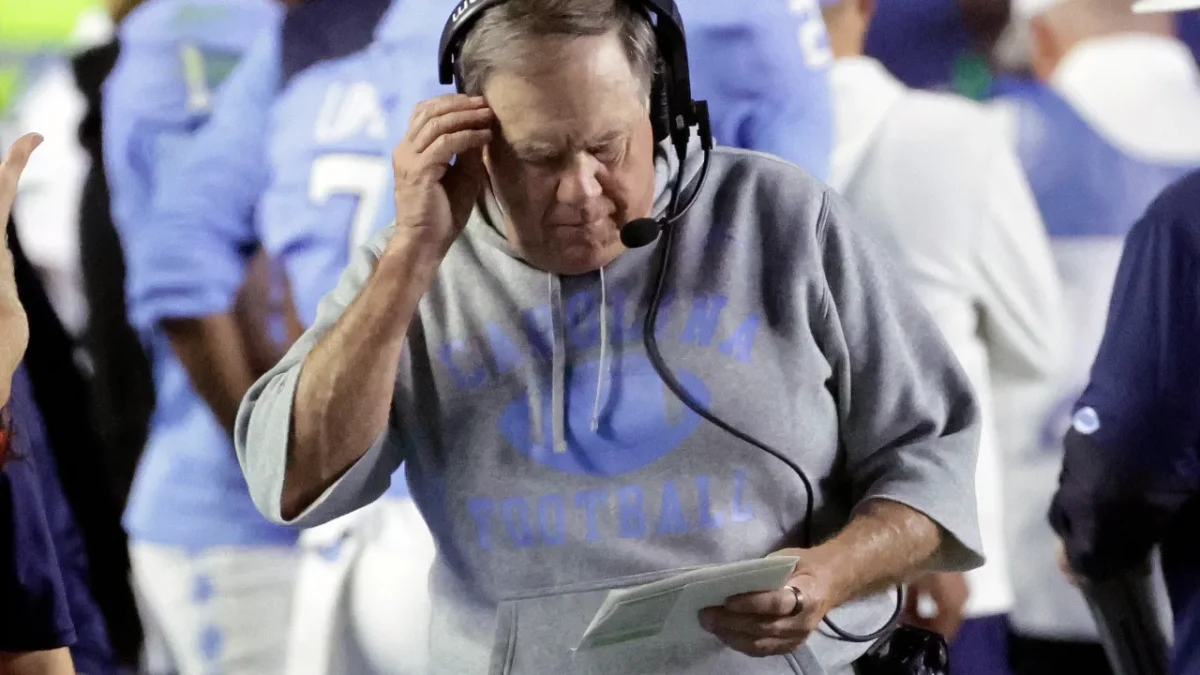


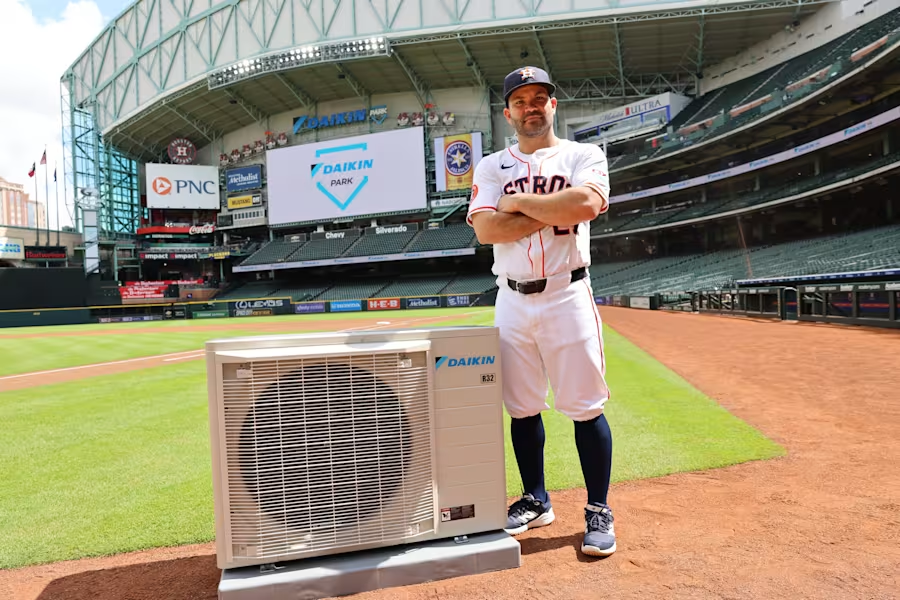
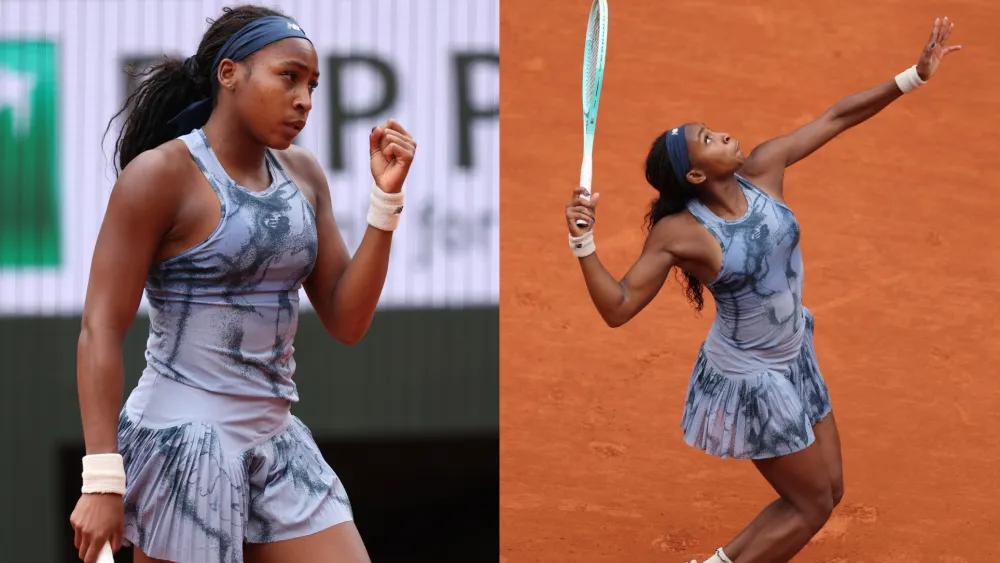
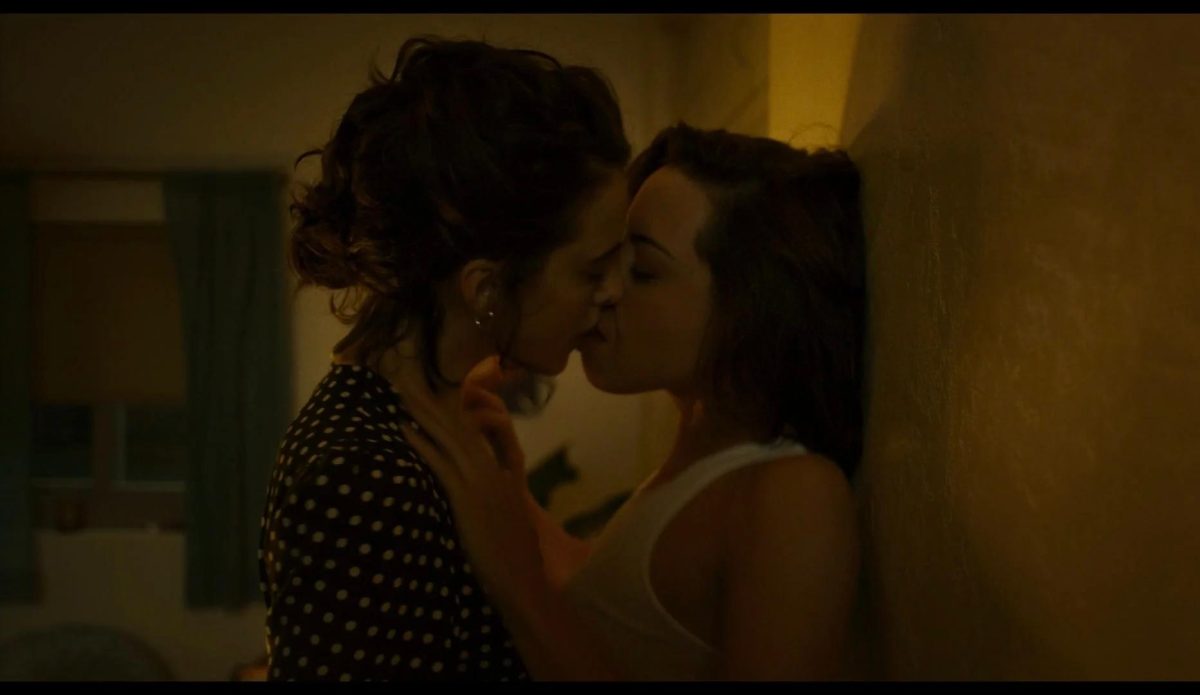

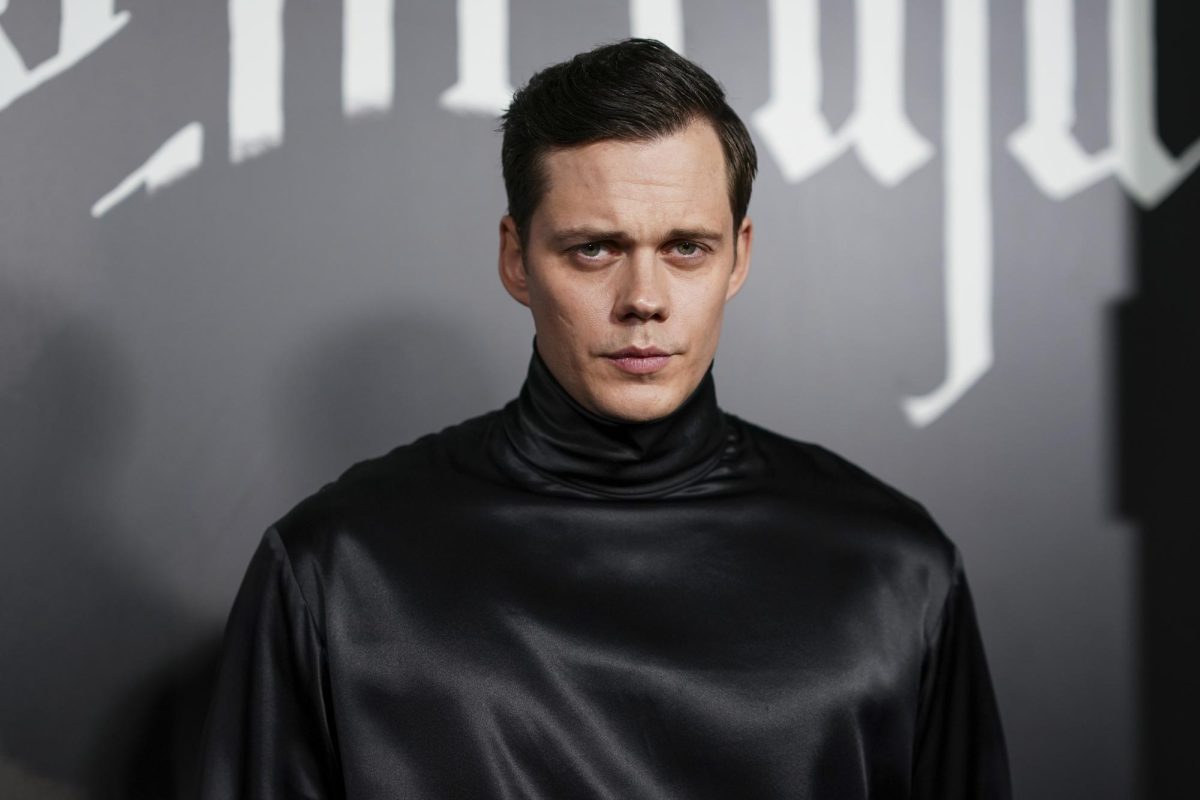



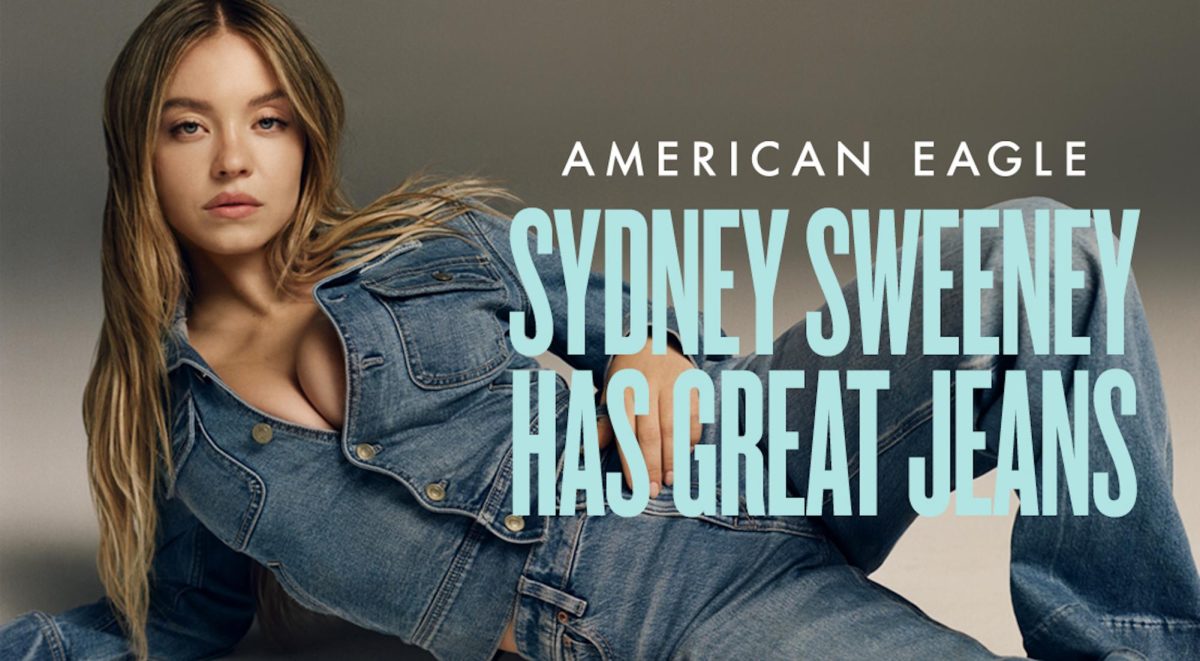
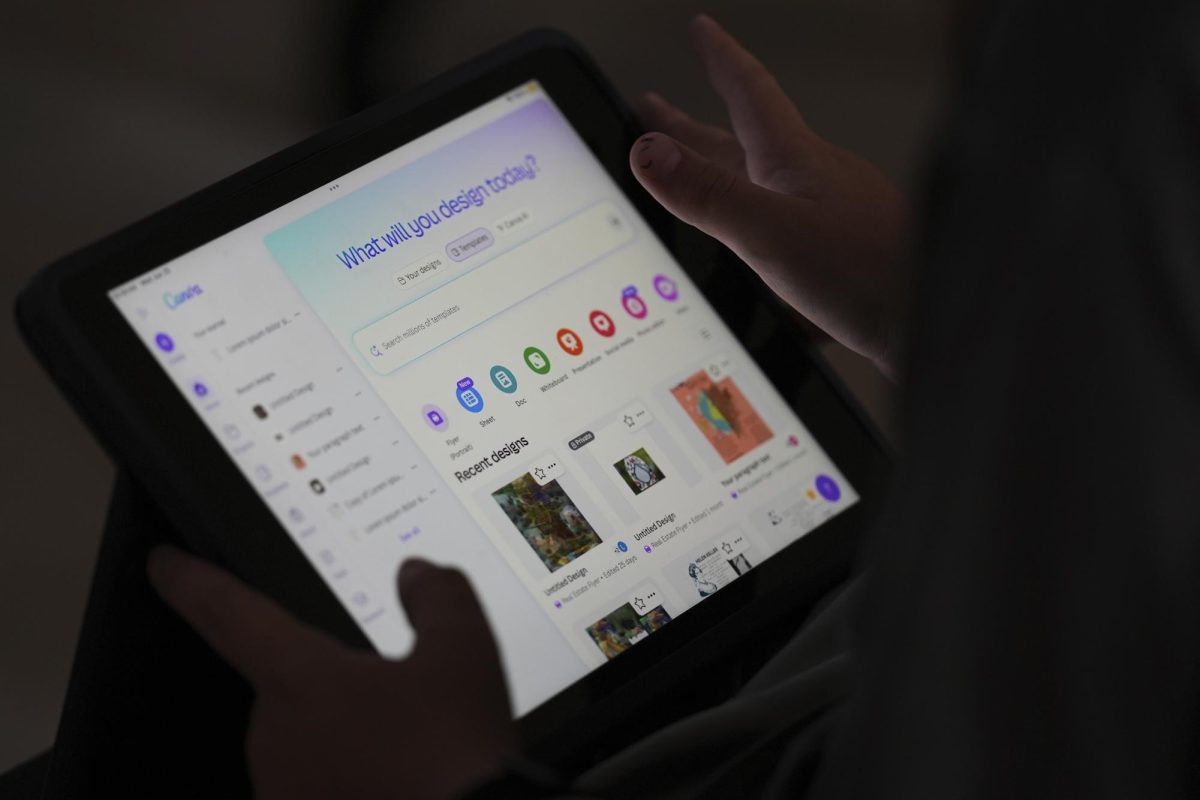


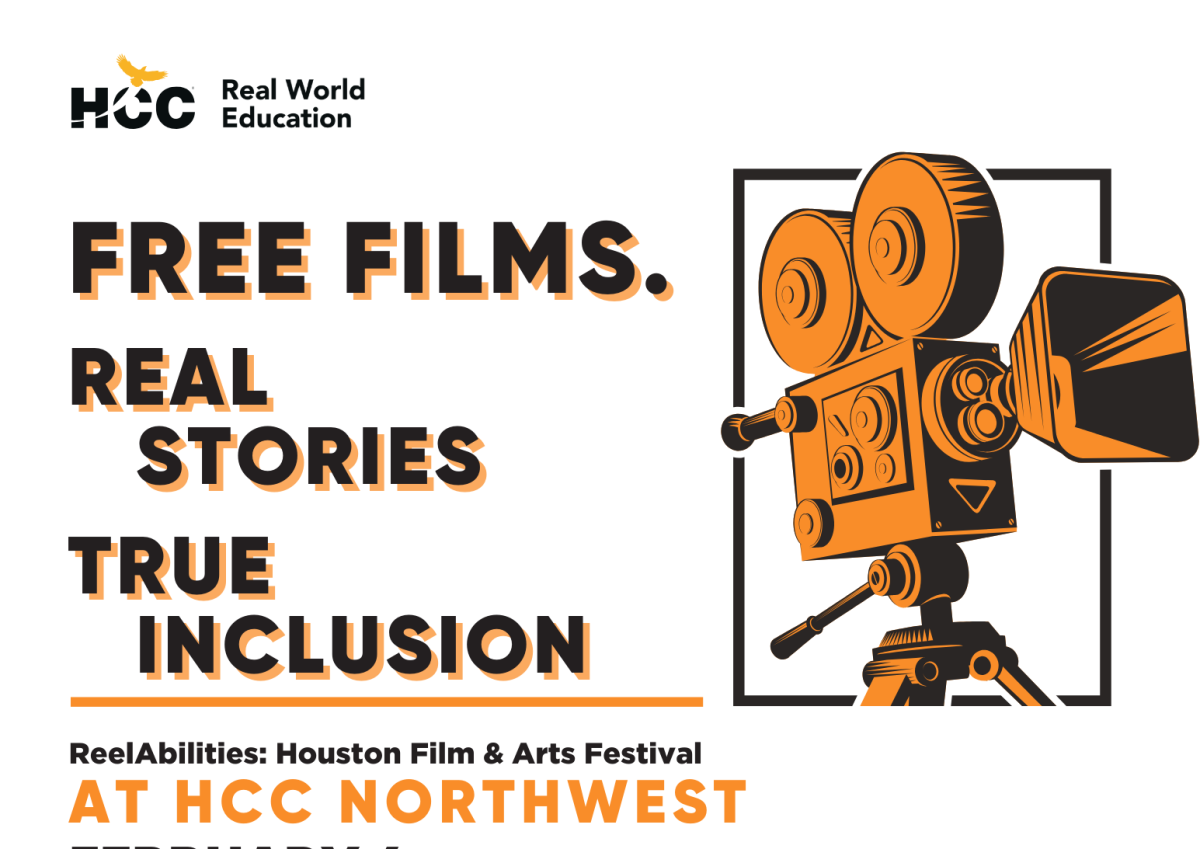
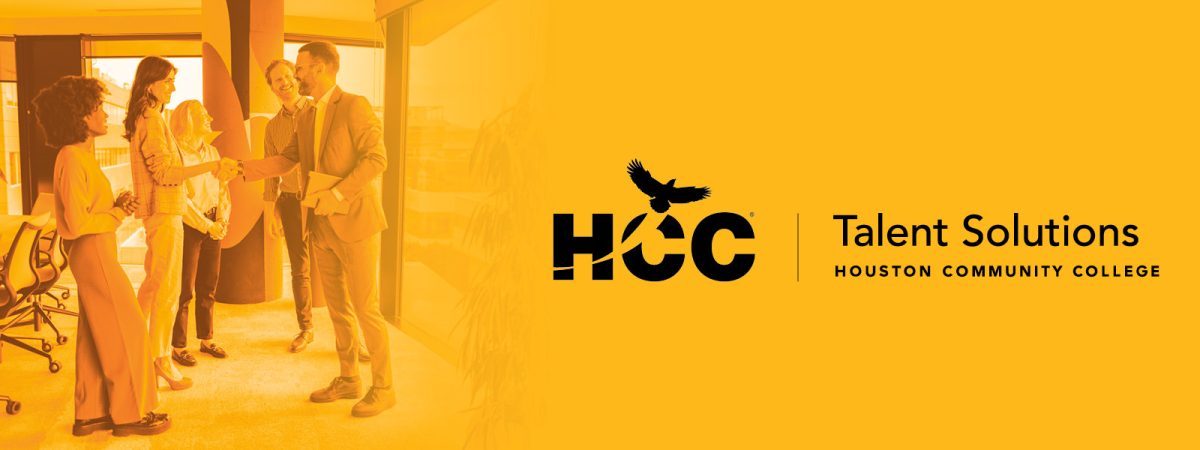
Carl Josehart • Feb 26, 2025 at 8:20 am
So proud to have Abbie as a colleague. She is a passionate and committed professional and Alexander JFS and ReelAbilities is so fortunate she is part of our team.